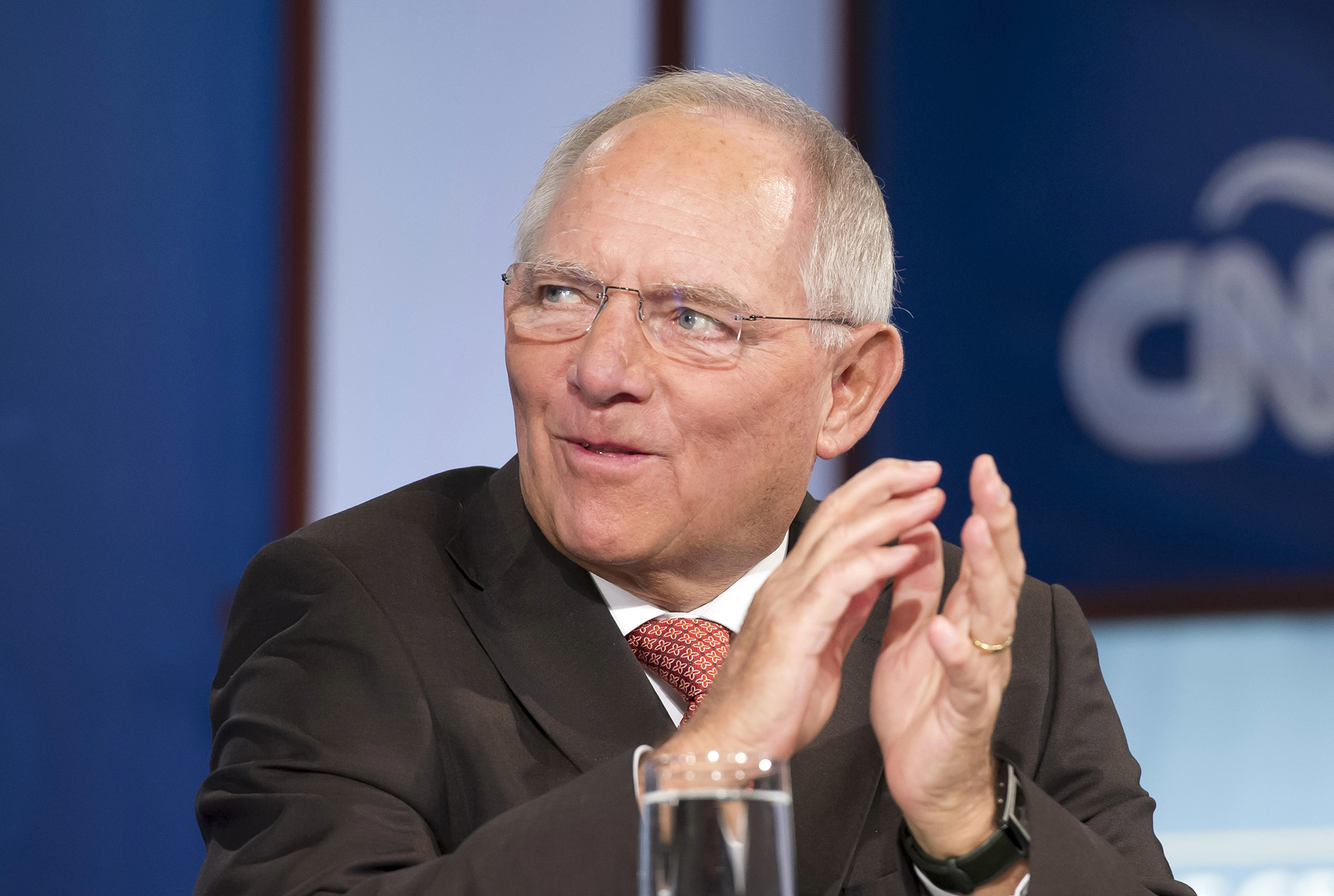The Federal Reserve EE.UU. stops making money expensive for fear of recession and further bank collapse
- The Federal Reserve has decided to maintain interest rates for the first time in a year, after a steady increase. The main argument is that inflation has fallen, but behind there are more ghosts, such as the economic recession and doubts about the situation in the American financial sector.

The Federal Reserve (Fed), led by Jerome Powell, announced by a public note on Wednesday that it will keep interest rates between 5% and 5.25%, without any increase. Since last year the price of money began to rise, Fed is not going to rise for the first time.
In March 2022 interest rates were 0%, but since then the US national bank has risen tenfold to reach 5% with sometimes halfway rises.
The authorities have said, without exhaustion, that another objective of raising interest rates is to increase the number of unemployed.
The objective of this evolution has been to "cool" the economy, reducing the purchasing power of citizens and reducing consumption. Without disdaining the authorities, it has been said that another objective of raising interest rates is to increase the number of unemployed, because companies are more expensive to borrow money to invest in employment, because without jobs, they would squeeze and spend less on the citizens, and that would mean a reduction in prices.
Ordoliberal economists have explained that raising interest rates is the only effective measure against inflation, even though many economists on the Left have often denied it.
Year-on-year inflation currently stands at 4% in the United States, May data, and has tended to decline in recent months. However, since Fed, it has not been ruled out that the rates will be raised at the July meeting.
What will the European Central Bank do?
For its part, the European Central Bank will report on Thursday on the continuity of interest rates. Everything points out that it will do so, because inflation is still at 6% of the European Union, which started later than Fed, far from the target of 2% set by the authorities.
Thus, the presidential organization of Chirstine Lagard will probably decide on an increase of 0.25% and interest rates would be set at 4%. This would mean a new rise in euribor, and mortgages should pay more for housing. Interest on mortgage since 2008 is at the highest level.
Fear of the earthquake in the US financial sector
The fall in inflation is the main argument Fed has given for not raising interest rates. But the situation in the American financial sector also has to do with this decision, for many analysts.
Analysts and investors look at several US financial institutions in danger: PacWest, Western Allliance, and Metropolitan Bank
Last March the banking crisis broke out in that country, following the defeat of Silicon Valley Bank. The Federal Reserve had to rescue a number of large banks with public money – Credit Suisse also in Europe was on the verge of collapse and the crisis also affected Deutsche Bank.
This crisis was directly related to the increase in interest rates, as investors from these banks resorted to smaller treasuries for higher returns.
But the wound has not closed. As the journalist Andreu Missé explained in the journal Economic Alternatives, the management of the authorities in the face of these bankruptcies has received strong criticism in EE.UU, especially because banks have been strengthened to become even bigger – the investor and millionaire Warren Buffett has said that the crisis is not over. Many have already set themselves at risk: PacWest, Western Allliance, and Metropolitan Bank.
And in that context, the Fed has no intention at present to create another financial earthquake with its monetary policy.
The Araba, Bizkaia and Gipuzkoa Foral Haciendas have just extracted the data from the collection, and we have seen that they have received more money than ever before. They soon announce that they will take the necessary margin for reflection on tax reform, because there is no... [+]











